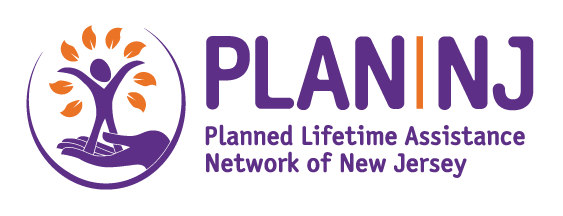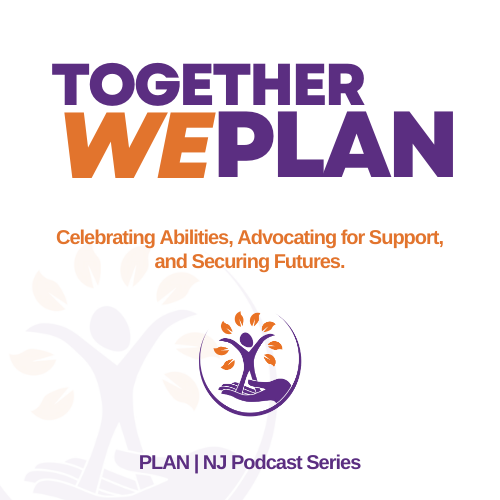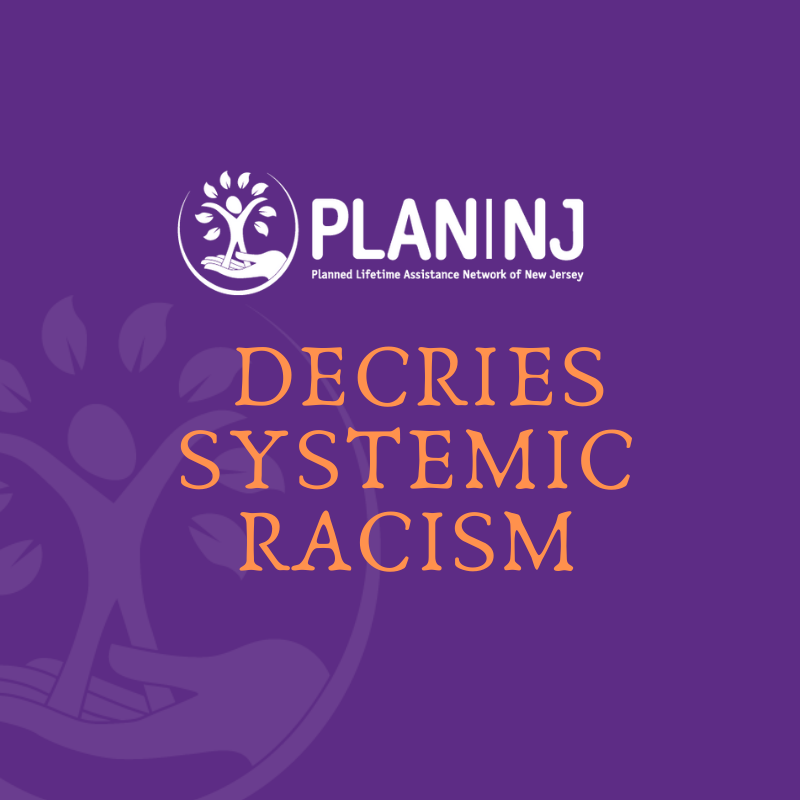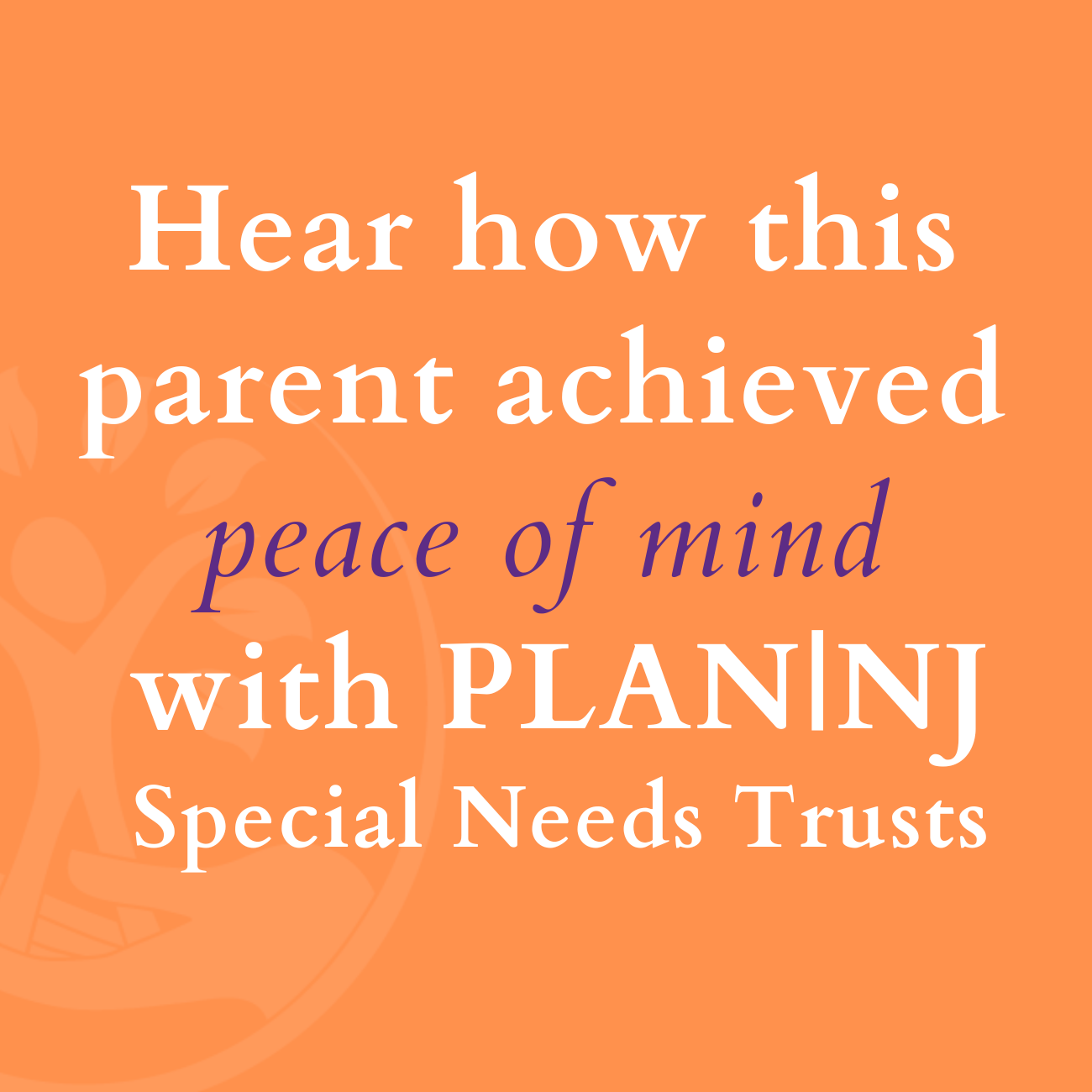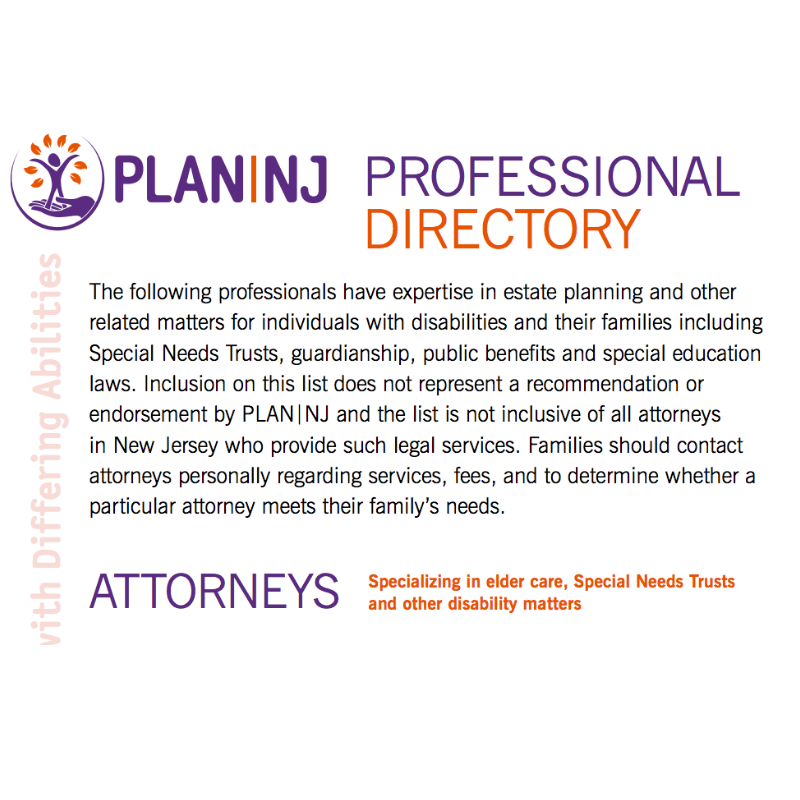
PLANNING FOR THE FUTURE: SPECIAL NEEDS TRUSTS ARE TOOLS TO ENHANCE THE QUALITY OF LIFE
The future is a valid concern for families of individuals with disabilities. How will you provide a good life for your children or loved ones after you’re gone? Good financial planning is a crucial part of a well-designed ‘whole person’ approach to providing adequate care, comfort, enjoyment and engagement in life. Many families realize they must maintain crucial public benefits and services for their loved ones throughout their lifetime, and wonder how they can still hope to enrich their lives while meeting Medicaid criteria. Special Needs Trusts are one answer to this dilemma.
INDIVIDUAL NEEDS, PUBLIC BENEFITS AND SPECIAL NEEDS TRUSTS: QUALITY OF LIFE ENHANCEMENTS
Public benefits are truly essential to the health and wellbeing of many individuals with significant disabilities. Here is how it works: Medicaid-supported medical benefits and services, as well as Social Security cash benefits, HUD housing vouchers, and food stamps, are available to people with disabilities who meet the “means” criteria. The New Jersey Division of Developmental Disabilities (DDD) requires individuals with intellectual and developmental disabilities (ID/DD) to be Medicaid-eligible to receive the essential services and funding to meet their unique needs over their lifespan. DDD provides eligible individuals with a variety of appropriate choices in independent and supportive living, employment, day programs, and skill-building programs, as well as personal and medical supports.
The laws governing Supplemental Security Income (SSI) and Medicaid ensure these essential services are preserved and available to an individual with an ID/DD when the family establishes a Special Needs Trust. Funds from the Special Needs Trust may then be used supplementally to improve the quality of life for their loved ones. This is good news for families.
Special Needs Trusts (SNTs) are financial accounts that enable family funds to be set aside to supplement benefits and services provided through SSI and Medicaid. Life-enhancing financial distributions from a Special Needs trust might be used to fund such essentials as:
- additional or non-covered therapies
- medical and dental services
- adaptive equipment (such as wheelchairs and hearing aids)
- case management services
- cell phone and Internet services
- electronic equipment
- furniture
- personal travel
TYPES OF TRUSTS: WHAT’S RIGHT FOR YOUR FAMILY?
There are two primary types of Special Needs Trusts: Third Party Trusts and Self-Settled Trusts. Choosing which trust may be the most appropriate for a particular beneficiary or for a family depends on the origin of its funding. Each Special Needs Trust is governed by a Trust document that guides fund usage while meeting specific Social Security Administration and Medicaid rules.
Third Party Trusts
Parents who wish to leave personal assets to their loved one with a disability (such as savings, investments, insurance policies or retirement plans) can set up a Third Party Special Needs Trust (also known as a Supplemental Benefits Trust). Rather than leave these assets directly to their child — risking a possible loss of public benefits for the individual or exposure to financial exploitation — transferring assets to a Third Party Trust protects eligibility for public benefits and offers a legal means to ensure funds are used in accordance with their wishes.
Self-Settled Trusts
A person with a disability who has personal savings or who becomes the recipient of a monetary payout (such as a lawsuit settlement) can establish a Self-Settled Special Needs Trust. Though there are similarities in the basic use of these funds to supplement public benefits rather than supplant them, Self-Settled Trusts must avoid distributions that would be considered income to the beneficiary. This is of primary importance since income and assets are the crucial determination of eligibility for public benefits.
Differences Between Third Party and Self-Settled Trusts
- Third Party Special Needs Trusts offer more flexibility and advantages to the trustee than Self-Settled Trusts.
- Self-Settled Special Needs Trusts require a payback to Medicaid after the death of the beneficiary, if that beneficiary was a recipient of Medicaid benefits throughout his/her lifetime.
- Self-Settled Special Needs Trusts often require Court intervention to be established, and a trustee must be appointed to administer the trust and make discretionary distributions on behalf of the beneficiary.
- If the beneficiary is allowed to control the Special Needs Trust, the money in the Trust would then be considered accessible assets to the individual and could not be exempted to maintain eligibility for public benefits (such as SSI and Medicaid).
Advantages of Pooled Special Needs Trusts
Pooled Special Needs Trusts are especially helpful when individuals or families have smaller amounts of funds to establish a Special Needs Trust. Sub-accounts in a Pooled Trust may be either Third Party Trusts or Self-Settled Trusts.
Pooled Trusts are administered by non-profit agencies. The PLAN|NJ Community Trust has a Master Trust that defines its use and how it meets the criteria to exempt funds from being considered a resource or asset by the Social Security Administration and Medicaid.
- The Pooled Trust Master Document and Joinder Agreements can be provided to your family and to your attorney at no cost, saving you the expense of hiring an attorney to write a trust document. This reduces the costs of investing funds since your assets are combined within a larger pool of existing assets.
- Beneficiaries may establish their own sub-account whereas only a parent, grandparent, legal guardian or the court may establish a Self-Settled (stand-alone, non-pooled) Trust.
- For some families, participating in a Pooled Trust is the best way to provide enhanced care while maintaining public benefits.
- The law governing Pooled Trusts permits the non-profit agency to retain a percentage of the remainder in the sub-account after the beneficiary’s death for charitable purposes that benefit individuals with disabilities. There are instances, however, when a Pooled Trust sub-account may not be the best option. For example, families wishing to name remainder beneficiaries in their Third Party trusts may opt to use a non-pooled stand-alone trust where all remaining assets are distributed according to the families’ direction.
Here is a real-life scenario to help you imagine some of the concrete advantages of establishing a Special Needs Trust:
Sarah, a young woman with Cerebral Palsy, lived with her parents in her family home. Sarah’s father died two years ago, and then, sadly, Sarah’s mother became ill and passed away as well. After the mortgage on the family home is paid off, Sarah will inherit $25,000. A local housing provider can support her in a supervised apartment if she remains eligible for Medicaid. Sarah is DDD eligible, but she would lose her Medicaid funding since her parents’ assets were left directly to her. Had Sarah’s parents planned in advance to have their assets directed to a Third Party Special Needs Trust sub-account, Sarah’s Medicaid would have remained intact and the funding for the supervised apartment would have been available without interruption. A Self-Settled Special Needs Trust can still be established – so that Sarah can be eligible for Medicaid – but an attorney and the courts must now be involved, a process that will take time and deplete funds from her relatively small amount of assets. Furthermore, the related funds will now be subject to a Medicaid payback, as mentioned above.
It is never easy to care for a loved one with a disability, and even more challenging to consider how to best support and protect them when a parent or another caregiver is gone. These trust options were established to make complex financial decisions easier for families. Families are advised to write a comprehensive LifePLAN that considers all aspects of the individual’s social, emotional, health and financial needs.
More information is available on financial and life planning from the National PLAN Alliance at www.nationalplanalliance.org and the Special Needs Alliance at www.specialneedsalliance.org.
A similar version of this article originally appeared in Arc of New Jersey’s “Healthy Times” newsletter.
CIRCLE OF SUPPORT
our story
"A Talk With Families"
The stories of three families with loved ones who have disabilities and who use PLAN|NJ's trust administration and care coordination services are told through interviews conducted in their homes by Executive Director Ellen Nalven.
GET IN TOUCH
Planned Lifetime Assistance Network of New Jersey PLAN|NJ
PO Box 547
Somerville, NJ 08876-0547
908-575-8300 (Phone)
908-927-9010 (Fax)
info@plannj.org
PROUD MEMBERS OF:
Alliance for the Betterment of Citizens with Disabilities
Association of People Supporting Employment First
Alliance for Pooled Trusts
National Alliance on Mental Illness
National Guardianship Association
National PLAN Alliance
Supportive Housing Association of New Jersey
SOMETHING MISSING? LET US KNOW.
We work hard to provide relevant and current information. If you feel something is missing or needs to be corrected, please contact us via our contact form HERE.
PLAN|NJ = Lifetime Advocacy for People with Disabilities
OUR MISSION
PLAN|NJ’s mission is to help family members of people with disabilities answer the question:
“Who will care for my loved one when I'm gone?”
We coordinate the supports needed by individuals with intellectual, developmental and physical disabilities, and challenges with mental health, including people with autism, cerebral palsy, traumatic brain injury, severe mental illness and more.
Spanish Translation
Si usted habla español y quisiera mas información sobre nuestros servicios o si desea una consulta con PLAN\NJ, por favor comuníquese con
Nancy Dilliplane, Director of Trust Services, para asistencia bilingüe: 908-575-8300, extensión 15
nancy.dilliplane@plannj.org
